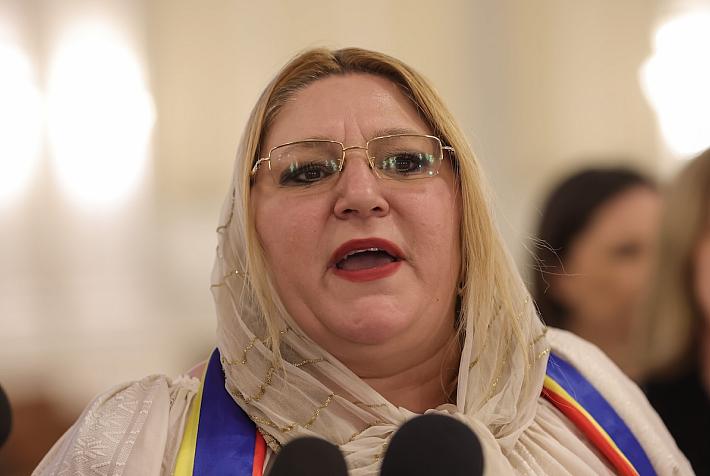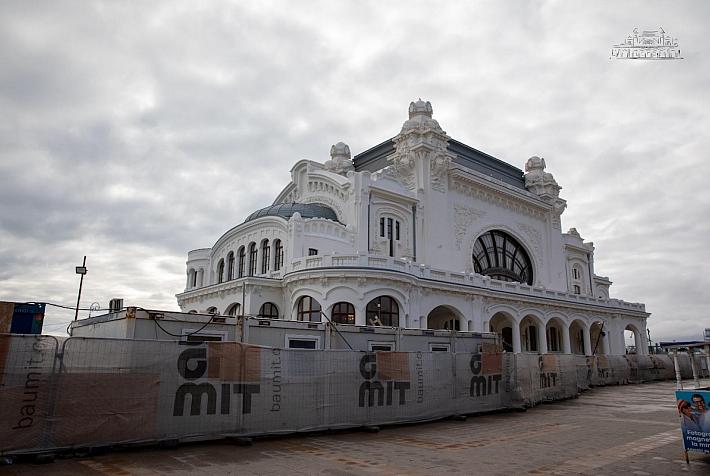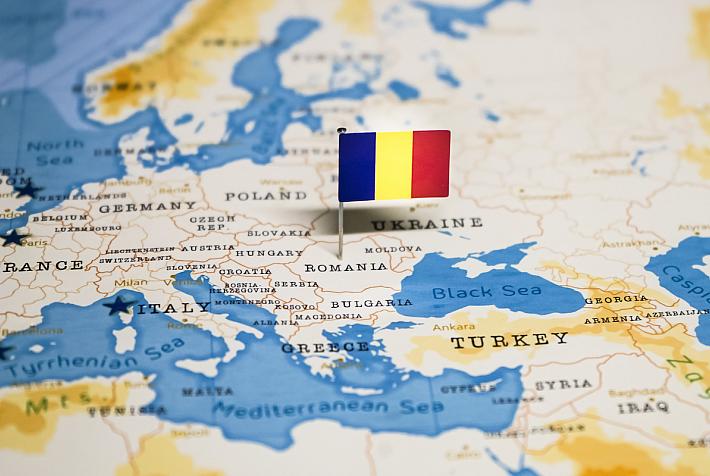Romania is first EU country to use blockchain technology in its electoral system

Romania’s electoral authority AEP used blockchain technology for counting and validating votes in the first round of the presidential elections on November 24, making Romania the first country in the EU to use such technology in the electoral system, Profit.ro reported.
AEP, in collaboration with the Special Telecommunications Service (STS) created a portal where results can be tracked in real time. Data was recorded on the blockchain network of the European Blockchain Services Infrastructure, or EBSI, a peer-to-peer network built by the European Commission, covering all EU member states, plus Norway and Liechtenstein.
In Romania’s case, the datasets collected at polling stations were recorded as transactions on the blockchain.
The live information was available on a dashboard where citizens could track it. STS says the new system “strengthens the resilience of the Romanian electoral system, by ensuring traceability and increasing trust in data integrity.”
The EBSI-enabled transaction contains both public information and a hash of private data, whose privacy is guaranteed throughout the entire process. The network’s nodes are hosted by dozens of national and regional authorities, as well as academic institutions, to ensure decentralization.
Blockchain voting has been implemented elsewhere across Europe but has mostly been limited to smaller elections, such as political party polls or municipal elections. However, other countries have been exploring blockchain voting beyond Europe for years. In 2018, Sierra Leone became the first country to implement the technology in its national polls.
While several pilots have been conducted globally, large-scale implementation is still hindered by the limitations of most blockchain networks, especially in terms of scaling. Romania, for instance, has 18 million eligible voters, and over half of this number participated in the election. Only a blockchain with unbounded scaling can cater to such an audience, according to crypto and blockchain news outlet CoinGeek.
(Photo source: Siarhei Yurchanka | Dreamstime.com)












